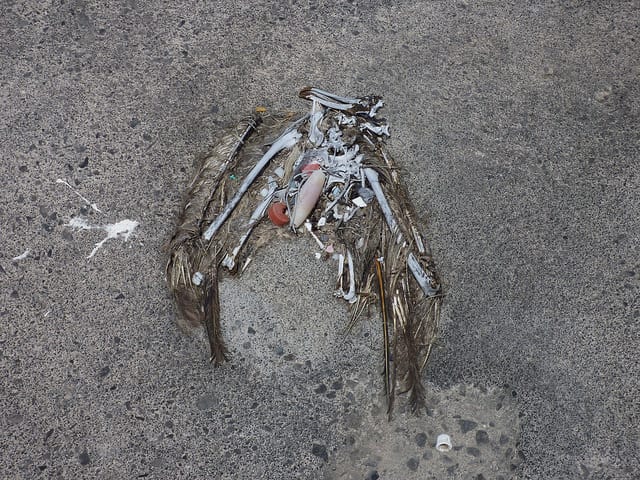
Man's best friend is a hospital superbug's worst enemy
Dogs can do amazing things from sniffing out bombs to hunting rabbits. But Angus, a 3-year-old English springer spaniel, is a detection dog like no other. In 2016, Vancouver Coastal Health (VCH) in Canada introduced this four-legged bacteria fighter to help detect Clostridium difficile (C. diff) in their hospitals. According to the Centers for Disease











